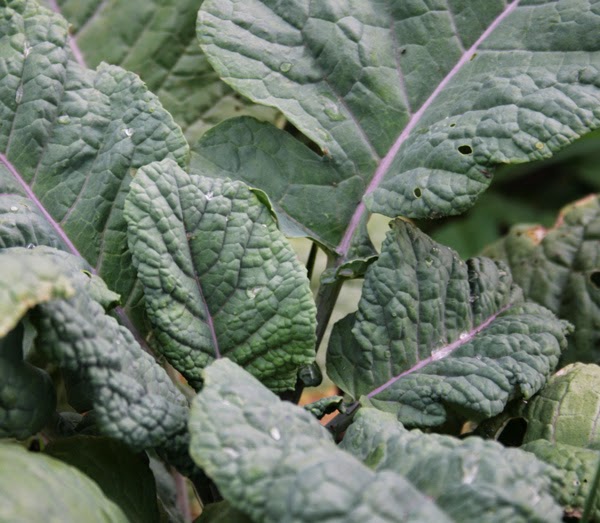I come from the old “add compost and manure and it’ll fly!” school of gardening. In the past when I felt really fancy I’d also throw in stuff like bone meal, blood meal, or lime. Then a friend told me to try fish emulsion and I discovered plants loved it. I also discovered that Epsom salts will make plants happy quickly, thanks to the magnesium and sulfur.
Mostly, though, I concentrated on getting my plants the big three: nitrogen, phosphorus and potassium (NPK). I figured if my compost had a bunch of stuff in it, the plants would likely find the micronutrients they needed.
Then I read Steve Solomon and Erica Reinheimer’s book The Intelligent Gardener and readjusted my thinking.
If the soil in your region is short on an element like manganese or selenium and you make compost from material on your property – or use the manure from animals grazing on grasses growing in your area – your garden will be short on that element. Improving the health of the soil will allow plants to get most of what they need, but if an element is scarce, it won’t magically appear just because you have lots of soil life. It needs to come from somewhere.
After realizing this, I started adding kelp meal and rock phosphate and other ingredients to my soil. I got wood chips from a variety of trees growing in a mixed hardwood forest. And I started hunting down seaweed, clay and other good things and bringing them into my gardens. Once micronutrients get into your garden soil, many of them will continue to cycle through as you compost garden waste and return kitchen scraps to the soil…
(Keep reading over at Mother Earth News)

